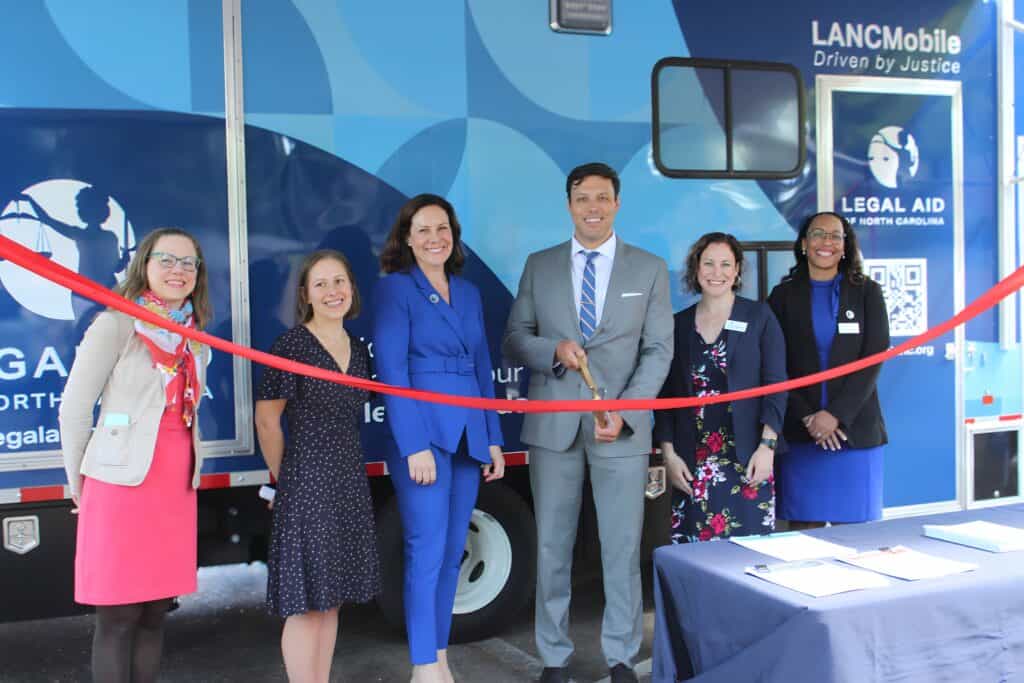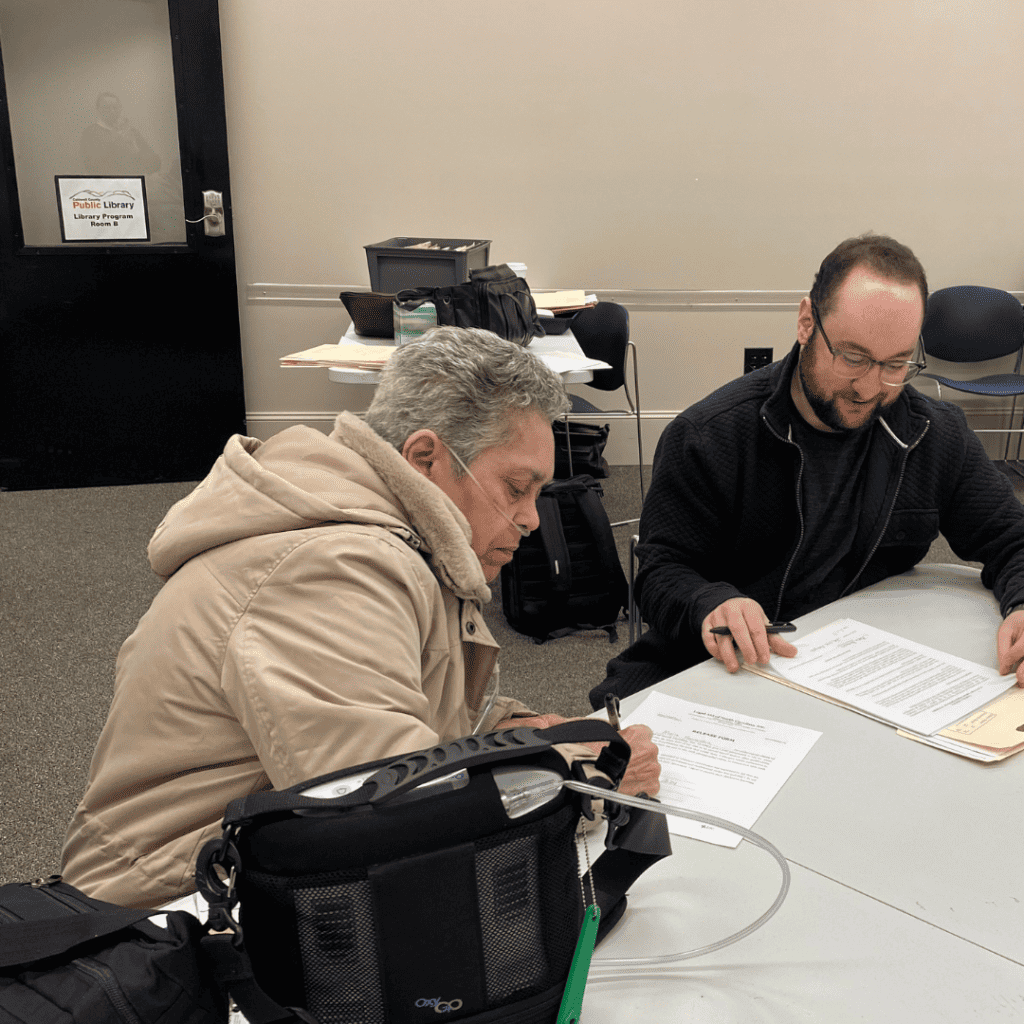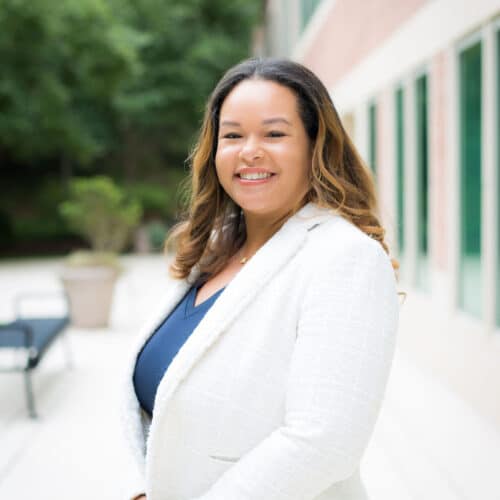RALEIGH, NC, July 10, 2024 — Legal Aid of North Carolina (LANC) announces the launch of LANC-LIA (Legal Information Assistant), pronounced “Leah,” an AI-powered virtual assistant on its website, legalaidnc.org. Developed in LANC’s Innovation Lab in collaboration with LawDroid, LANC-LIA is designed to provide efficient and high-quality legal information to underserved communities.
Technology is an essential component to the delivery of legal services, with AI poised to revolutionize operations. LANC’s new virtual assistant enhances online services by providing reliable information, multilingual answers to general civil legal questions, and referrals to additional resources.
“The integration of AI into our services marks a transformative step in our ongoing efforts to close the justice gap ” said Scheree Gilchrist, Chief Innovation Officer at LANC.
The “justice gap” refers to the disparity between the civil legal needs of low-income Americans and the resources available to meet those needs. With 92% of substantial civil legal needs unmet, LANC’s innovative use of AI aims to address this gap cost-efficiently and effectively.
LANC-LIA automates routine communications and provides self-service options for simple legal matters, streamlining the overall client experience.
“LANC-LIA will make our website much more user-friendly and our self-help resources more accessible,” said Helen Hobson, Chief Communications Officer at LANC.
Focusing on high-demand areas such as domestic violence, child custody, landlord-tenant issues, and consumer law, LANC-LIA employs advanced natural language processing algorithms to understand and respond to user queries accurately. Powered by state-of-the-art models like GPT-4 and BERT, and supported by LawDroid’s robust technical infrastructure, LANC-LIA ensures precise and relevant responses.
Prior to its launch, LANC-LIA underwent comprehensive user testing with clients, lawyers, and law students from Vanderbilt Law School’s AI Lab (VAILL) to ensure both accuracy and accessibility.
LANC-LIA represents a significant step towards enhancing access to justice. By offering a user-friendly interface for legal information, it empowers individuals to navigate their legal issues with greater ease and confidence. As LANC continues to innovate and refine its AI capabilities, the impact on the communities it serves is expected to grow, fostering greater empowerment and access to legal resources for all.
You can access LANC-LIA here or by visiting our website legalaidnc.org.
Please note, LANC-LIA does not provide legal advice. Individuals should consult with an attorney for any specific legal questions.







